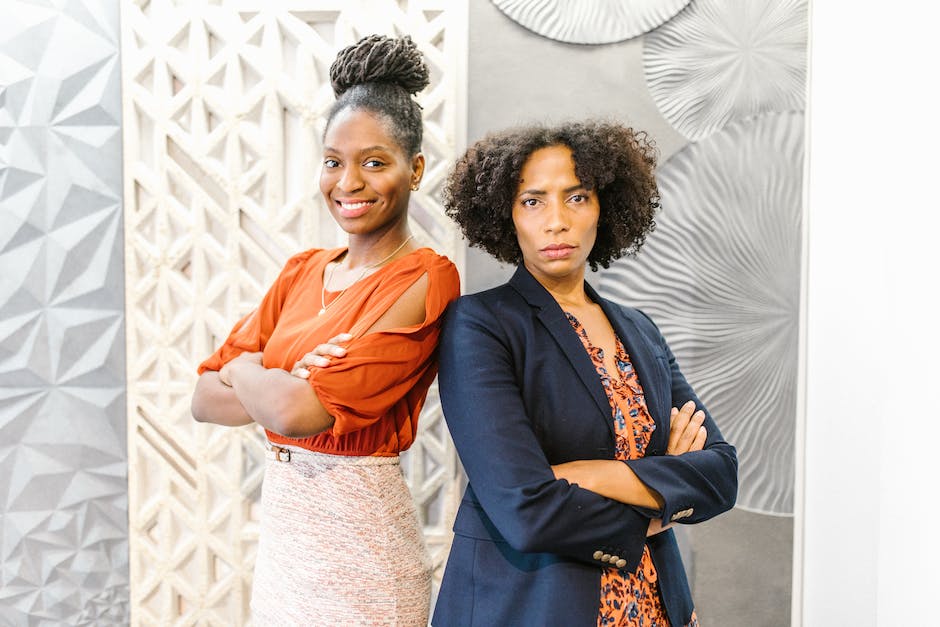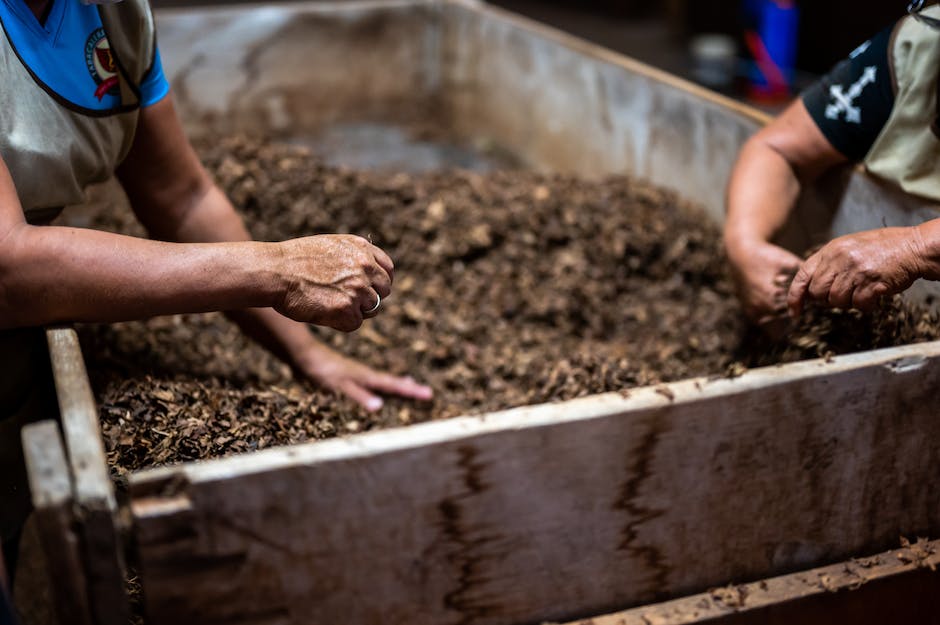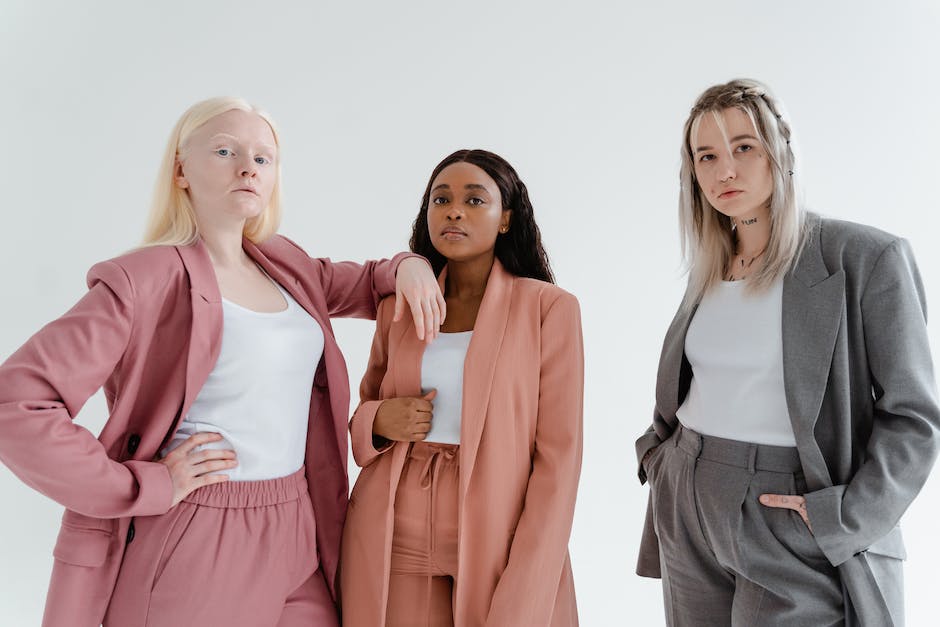As cannabis continues to grow in popularity, more women are becoming involved in the industry. This is mainly due to the increasing number of medical marijuana users and nonusers alike.
Many people find comfort and form confidence from using pot, so exposing people to this medicine is important. Also, newbies can help spread the word about cannabis as a safe and effective alternative to drugs such as prescription medication and starving dieting approaches.
There are several reasons why women are leading the charge in the cannabis movement. First, there are different types of marijuana that are used for medicinal purposes versus the ones that are used for recreation. For example, there is CBD (cannabidiol) vs THC (tetrahydrocannabinol).
There are also different styles of marijuana use where there is no smoking or sharing: taking a vape or smoking tabs, liquids, or smoked flowers.
Brooke Conlow

Brooke Conlow is the executive director of Women and Gender Equity in Cannabis, a network of women and people of color leading cannabis companies nationwide. She is also the co-founder and chairwoman of The Coalition for Justice, a national organization that works to end criminalization of drug use and possession.
As the head woman in cannabis, she runs a network of female entrepreneurs who create products and services for cannabis use. She also chairs two board memberships at her network, including one for women-led startups.
She spoke with us about her role as an influencer in the cannabis industry, how she built her business on social media, and why she thinks being a woman in cannabis is critical.
Caitlin McGuire

Caitlin McGuire is the founder and CEO of Spire, a cannabis education platform. Spire has over 1.5 million members in over 500 countries, making it one of the largest global education platforms for cannabis.
As the CEO of Spire, she handles everything from launching new products and content to managing engagement with members and staying ahead of upcoming product updates.
As we discuss Women in Cannabis, this will be a great section to mention as an influence as women are leading the charge in this space. Many cite her leadership as being instrumental in their decision to become involved in cannabis.
She has been incredibly active in promoting healthy lifestyles and health awareness which is another area where she can help influence people advance their knowledge level.
Charleene Chenault

As the first woman director of an American drug policy agency, Charleene Chenault is using her position to shift how we discuss drug use and distribution. Today, she is the co-founder and CEO of One Less Pice, a nonprofit dedicated to ending U.S. racial profiling through community-based interventions and criminal justice strategies.
As the first woman president of a major corporation, Anne Marie Heyns is using her position to change how women are viewed in business. Heyns is the founder and president of Women 2.0, a Los Angeles-based company that seeks to bridge the gap between businesswomen and technology professionals by providing educational programs on both sides of the fence.
As America’s first female general officer in an all-male branch of service, Andrea Batista Vettenberger is using her position to raise awareness about gender inequality within military leadership. Today, she serves as vice president for research at Malaria Control and Research Group in Redwood City, California.
Christi Hall

Christi Hall is a San Francisco-based writer and researcher who focuses on women in cannabis activism.
Courtney Hattie

Courtney Hattie is the CEO and Founder of Coppertail Coffee. She is a keynote speaker, writer, and educator on women in cannabis, focusing on influencer marketing and building a community of followers.
Courtney began her career as an account manager for a marketing company. While there, she learned about influencer marketing and how to use it to her advantage in 2017. She created Twitter accounts for herself that she used to promote her coffee shop businesses, her YouTube videos, and her book.
She later hired staff who were also employees at her coffee shops so they could help promote her business through their efforts. She even went as far as starting their social media accounts from hers so they could coordinate with hers.
Debra Murphey

Although women make up only 31% of the cannabis community, they play a disproportionately large role in shaping the future of the industry. Women are more likely to discover CBD for pain, or female-oriented cannabis products like strains and products.
Their influence can be felt in policy, sales infrastructure, and marketing. For example, Eaze, a CBD shopping cart app, was launched by a woman after she found it difficult to locate product online without charge.
Many women cite their family members as early participants in the cannabis market. Since family members are integral to most if not all markets for drugs and services, drug production and consumption laws have placed a strong emphasis on family membership.
This has had an impact on who gets into the business and who carries it out. Many have been unable to meet the high expectations set by lawmakers and consumers alike.
Deanna Wenisch

Deanna Wenisch is a well-known expert on substance abuse and recovery. She has spent the past decade helping people recover from addiction, including getting clean from cannabis.
She has been a prominent figure in the cannabis community for years, spending extensive time educating the public about the benefits of cannabis as therapeutic treatment and developing industry-wide standards for clinical documentation.
She currently serves as chair of the American Society of Addiction Medicine (ASAM) clinical committee on substance use disorders, which develops guideline documents for treating alcohol use disorders and drug use disorders and identifies research priorities.
Her leadership has helped establish credibility within the industry and advance scientific understanding of cannabis’ effects on health. She is one of only a handful of clinicians with this distinction in the entire country.
Diana Rice
Former U.S. president Barack Obama frequently mentions his wife, Michelle, as an inspiration for how she lives her life. He credits her with leading his family in their daily routines and practicing habits he learned from her while living his life.
The same can not always be said for some female leaders in the cannabis industry.
A June 2017 report from the Institute for Researchym Cannabis Improvement and Protection by Dr. Pramod Tiwari found that out of 156 respondents to his research study, only 18 were women. He attributed this to two factors: first, the perception that women don’t take an interest in cannabis and second, the perception that women don’t belong in the cannabis industry due to safety concerns.
This article will look at some influential female leaders in the cannabis industry to show how they are taking a step out into the spotlight and changing perceptions about them.

